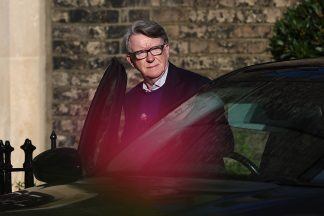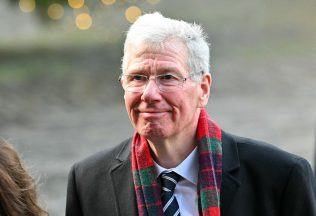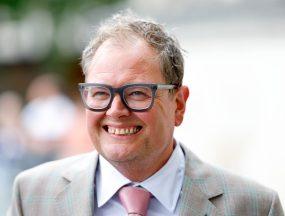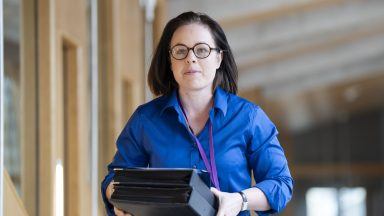Almost 30 organisations are coming together to help end rough sleeping in Scotland.
The groups, including several charities, will meet on Monday to discuss a route map designed to permanently end rough sleeping and destitution as the country emerges from the Covid-19 pandemic.
The group, named Everyone Home, has agreed three priorities to mitigate the impact of the pandemic on homelessness. These are more homes, no return to rough sleeping and no evictions into homelessness.
The route map considers issues facing people who do not have access to the welfare benefits and housing options that are available normally in Scotland for people at risk of homelessness.
This is described as having no recourse to public funds and most commonly affects people seeking asylum.
There are around 1600 destitute asylum migrants in Scotland, of whom around half are in Glasgow. A further group of 2050 destitute EEA migrants in Scotland are also at severe risk of destitution.
Chief executive of the Scottish Refugee Council (SRC), Sabir Zazai, said: “People in the asylum system are forced into destitution due to the No Recourse to Public Funds (NRPF) policy, a deliberate decision by the Home Office.
“Today’s route map provides a clear solution to prevent destitution. It is essential that the issues facing people with NRPF are part of mainstream housing policy.
“For Scotland to eliminate rough sleeping, everyone, no matter their immigration status, must be protected and have access to a safe place to stay. Scotland has a proud history of welcoming and supporting people.”
The route map highlights how many people in Scotland are struggling due to UK legislation.
This can mean little or no money to meet basic needs, such as food, medicine or access to washing facilities.
Unesco chairwoman Alison Phipps said: “The death rates attributable to destitution and poverty are rising and well-documented. The voluntary sector is stretched to the limit financially and emotionally.
“This report from the collective is timely and urgently needed. It is time to value the analyses and to implement the deep structural change which will move vulnerable populations out of repeated crisis, and volunteers and workers out of emergency response mode.
Chief executive of Homeless Network Scotland, Maggie Brunjes, added: “When the pandemic began to unfold in March rapid emergency support was provided to everyone who was destitute regardless of their immigration status.
“As we move into autumn there is a significant risk of people once again being forced onto the streets or into unsafe living arrangements, experiencing extreme poverty and at risk of exploitation and abuse – all the problems we were trying to deal with previously.”
Follow STV News on WhatsApp
Scan the QR code on your mobile device for all the latest news from around the country




























